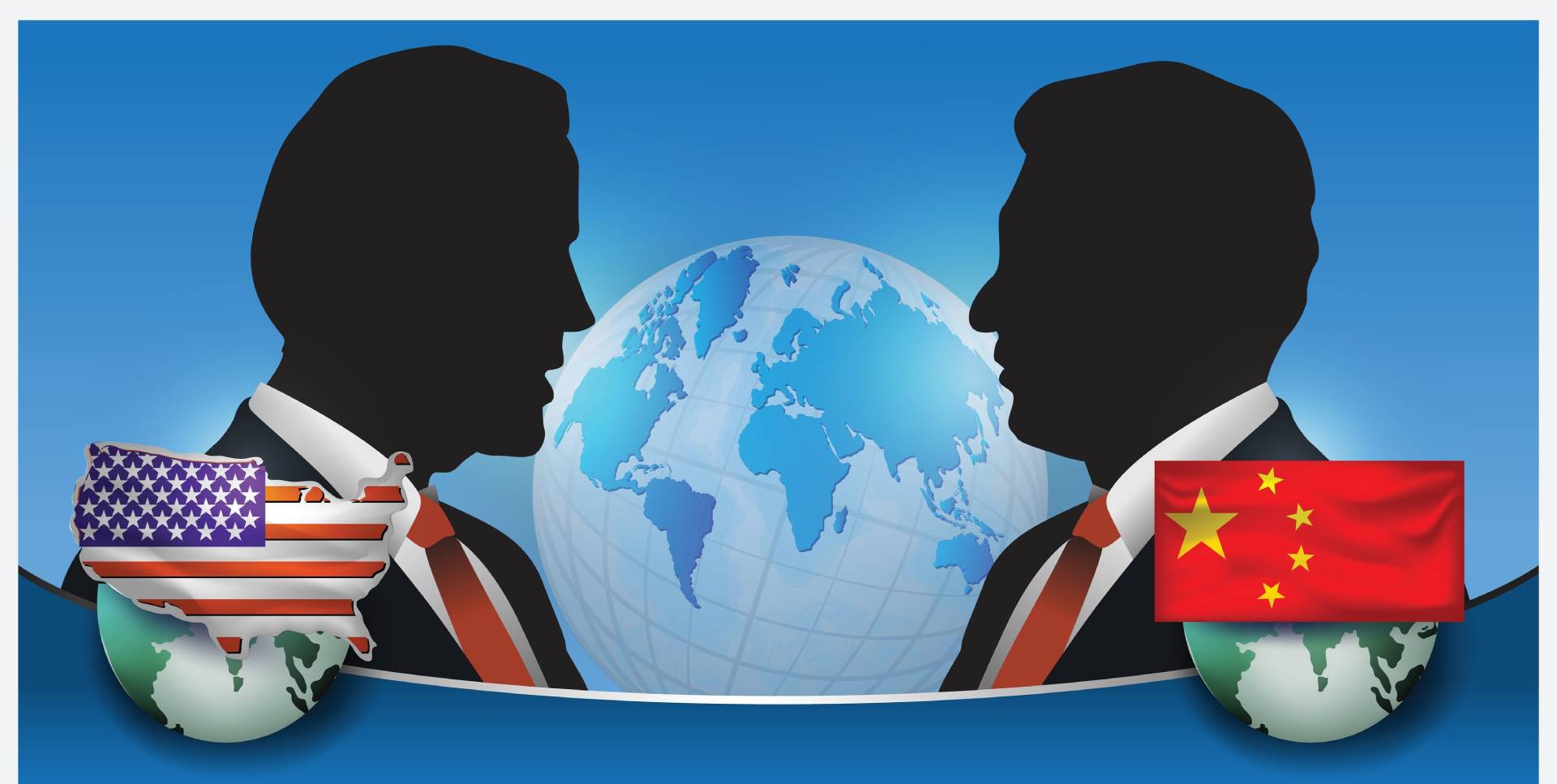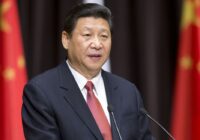The most worrying development in the world today is the dramatic deterioration in the relationship between the United States and China. The US is an established power, and China is rapidly catching up. Historic precedents suggest that it is difficult to avoid war where one power is overtaking another.
The rhetoric being exchanged between the two countries is becoming ever more heated. These exchanges are inimical to the exploration of compromise.
Mistrust and hostility build on both sides
On the US side, active preparation for rivalry with China is one of the very few things that seems to unite Republicans and Democrats.
President Biden has continued with the tariffs on Chinese steel and aluminum, imposed by President Trump on supposed security grounds. President Biden has also continued the Trump policy of making it easier for US officials to meet Taiwanese officials, something that infuriates Beijing. Former Speaker Pelosi’s visit to Taiwan led to a suspension of important working meetings, all for the sake of a photo opportunity.
The reason given for the steel and aluminum tariffs is that these materials might be used in warfare. Allies of the US are being pressured to apply the same policies to China, thereby dividing the world into two hostile blocs.
For its part, China’s navy is using hostile tactics towards US vessels in the international waters of the South China Sea. An important principle is at stake here. The entire world benefits from freedom of navigation in international waters. Without the freedom of the seas being guaranteed, first by the Royal Navy and later by the US Navy, the prosperity the world enjoyed in the nineteenth and twentieth centuries would have been impossible.
China is also launching thousands of cyber attacks every day on Taiwan.
A conflict between the powers would not be pretty
Charles Kupchan, an American expert on international relations, who I came to like and admire during my time in Washington, has issued a stern warning about complacency about the development of a “cold war” with China in the latest edition of The Atlantic.
The balance of power for the US in a cold war with China will be very different than the one it had with the USSR. China has four times the US population, whereas the US and USSR had similar populations. China’s gross domestic product will soon exceed that of the US. The USSRs GDP was only a fraction of that US. China already has a slightly larger Navy than does the US, and Chinese spending on research and development has increased dramatically in the past 10 years.
China is, however, an aging society, whereas the US is not. China’s birth rate is so low that some speculate that the US population could exceed that of China by the year 2100!
With that context, I was surprised to read that, at present, a quarter of young Chinese are currently unable to find a suitable job. Chinese local governments have run up big debts building apartments that are lying empty.
Centralized thinking in the Chinese Communist Party has the potential to undermine China’s military efforts by introducing rigidity of thinking. Unlike the US, China’s military has little combat experience. Chinese military spending is 12 times that of Taiwan, but it is still much less than that of the US.
China and the West need to work together, not waste energy fighting
The rivalry between China and the US is diverting resources away from cooperative possibilities in areas, like climate change and food insecurity, in which both countries have a shared interest.
The dispute places the EU, as an ally of the US, in difficulty. It shares all the US reservations about Chinese policies on a range of issues. It has said that the Chinese stance on the invasion of Ukraine will be “the determining factor.” That is a clear prioritization, which China should not ignore.
One of the big problems flowing from the present rivalry is a simple breakdown in communications. Canceled meetings have allowed misunderstandings to increase.
The same event is interpreted differently in Washington to the way it is interpreted in Beijing. Each side sincerely believes its interpretation. Minor issues for one can be seen as hostile signals by the other side when they were not so intended.
I believe the US and China should consider instituting some sort of “political truce” for a predetermined period.
This should be designed to allow a concentration of the formidable diplomatic weight of the two countries on an issue in which they have a shared interest, namely mitigating climate change. Such a signal by the two big powers would prompt the rest of the world to do more.
A “circuit breaker” of this kind is needed to prevent the current disagreement from spiraling out of control.
[Anton Schauble edited this piece.]
The views expressed in this article are the author’s own and do not necessarily reflect Fair Observer’s editorial policy.
Support Fair Observer
We rely on your support for our independence, diversity and quality.
For more than 10 years, Fair Observer has been free, fair and independent. No billionaire owns us, no advertisers control us. We are a reader-supported nonprofit. Unlike many other publications, we keep our content free for readers regardless of where they live or whether they can afford to pay. We have no paywalls and no ads.
In the post-truth era of fake news, echo chambers and filter bubbles, we publish a plurality of perspectives from around the world. Anyone can publish with us, but everyone goes through a rigorous editorial process. So, you get fact-checked, well-reasoned content instead of noise.
We publish 2,500+ voices from 90+ countries. We also conduct education and training programs
on subjects ranging from digital media and journalism to writing and critical thinking. This
doesn’t come cheap. Servers, editors, trainers and web developers cost
money.
Please consider supporting us on a regular basis as a recurring donor or a
sustaining member.
Will you support FO’s journalism?
We rely on your support for our independence, diversity and quality.







Comment